
Capturing the Wild: A Camper’s Guide to Nature Photography
Nature photography offers campers a unique opportunity to capture the sheer beauty and transient moments of the wild, from the serene sunrise over a misty lake to the bustling life of the forest undergrowth. Yet, many enthusiasts hesitate to venture into this form of...
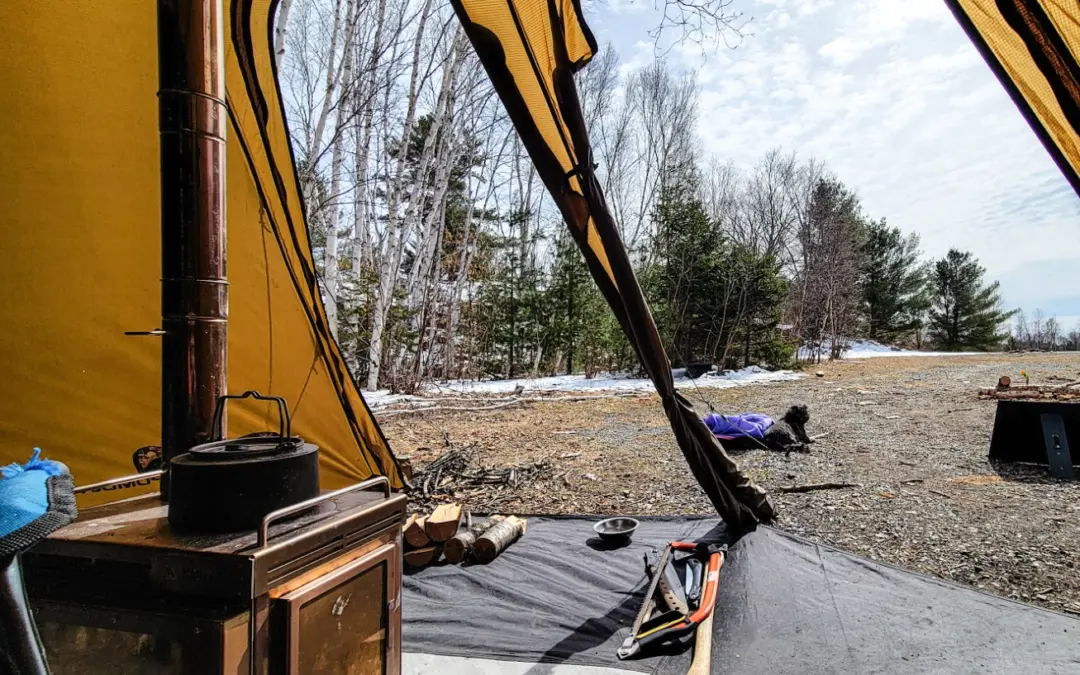
How to Buy a Portable Camping Woodstove
For outdoor enthusiasts, a reliable and efficient portable camping woodstove is more than just a tool; it’s the heart of the campsite, providing warmth, light, and a means to cook meals away from the cold. Selecting the right woodstove can make or break a...
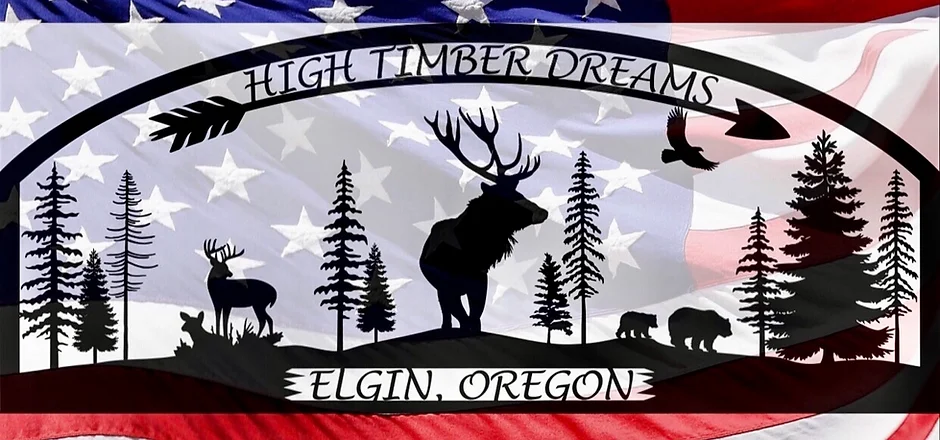
High Timber Dreams: A Sanctuary for Heroes
High Timber Dreams (HTD) is a nonprofit organization that stands for the noble cause of honoring and supporting our heroes – the Veterans, Active Duty, and First Responders. But that’s not it! They also extend their hands towards the youth, leading them...
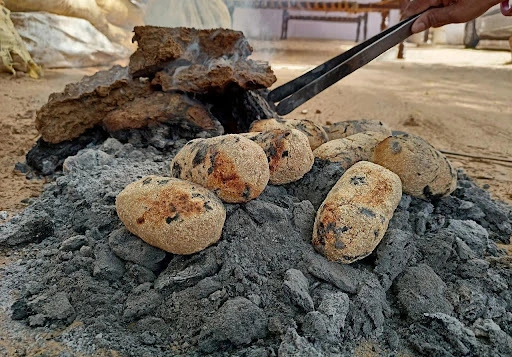
4 Ingenious Ways to Cook in Nature Without Gear
Cooking in nature, without the convenience of kitchen tools, is not only a vital survival skill but also an innovative way to enrich your outdoor adventures. This practice demands creativity and resourcefulness, challenging you to use the natural environment to your...

An Axis Deer Stroganoff Recipe by Chef Rikki Folger
Recipe Name: Axis Deer Stroganoff Serving Size: 4 servings Time to make: 1 Hour Special Equipment: Large Cast Iron Pot or Dutch Oven Opening Remarks: This is the perfect recipe to add to your weeknight rotation. It is so easy to make, it’s filling but most of all,...

What’s the Difference Between Dehydrated and Freeze-Dried Foods?
When it comes to preserving food, two methods really stand out: dehydration and freeze-drying. They both help food last longer by getting rid of moisture, but they affect the nutritional value, taste, texture, shelf life, and cost of the final product in different...
TRENDING
THE LATEST

Crispy Wild Duck Carnitas: A Chef Rikki Folger Creation
...

What is the Right Axe to Bring Camping?
...

Venison Chili con Carne: A Hearty Wild Game Delight
...
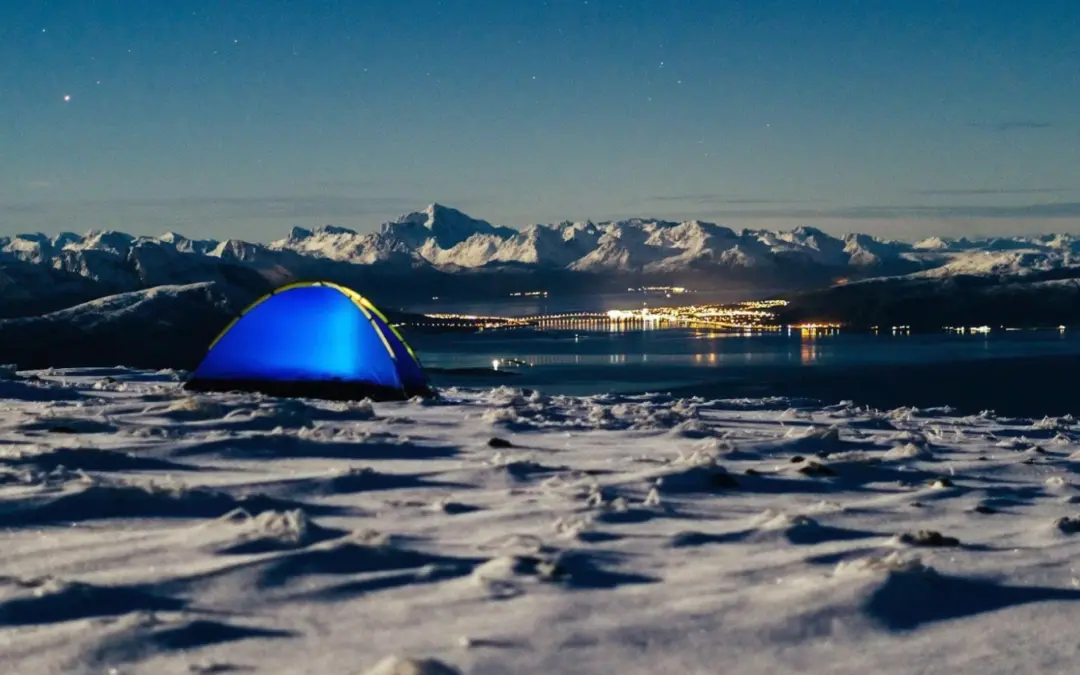
5 Things I’ve Learned Living Outside in the Winter
...
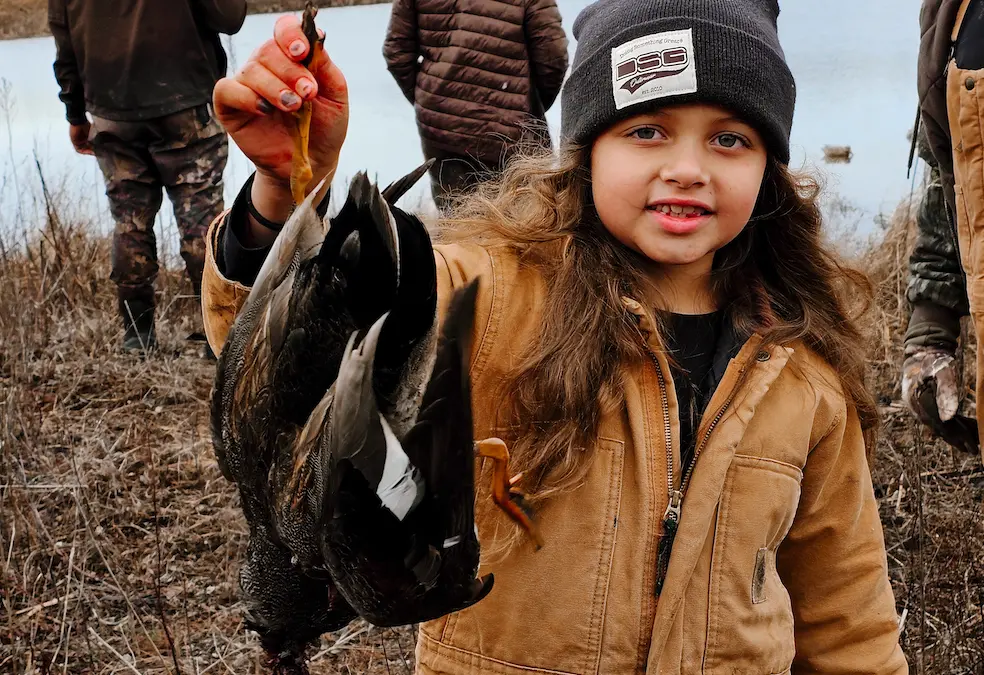
Waterfowl Hunting with Kids
...
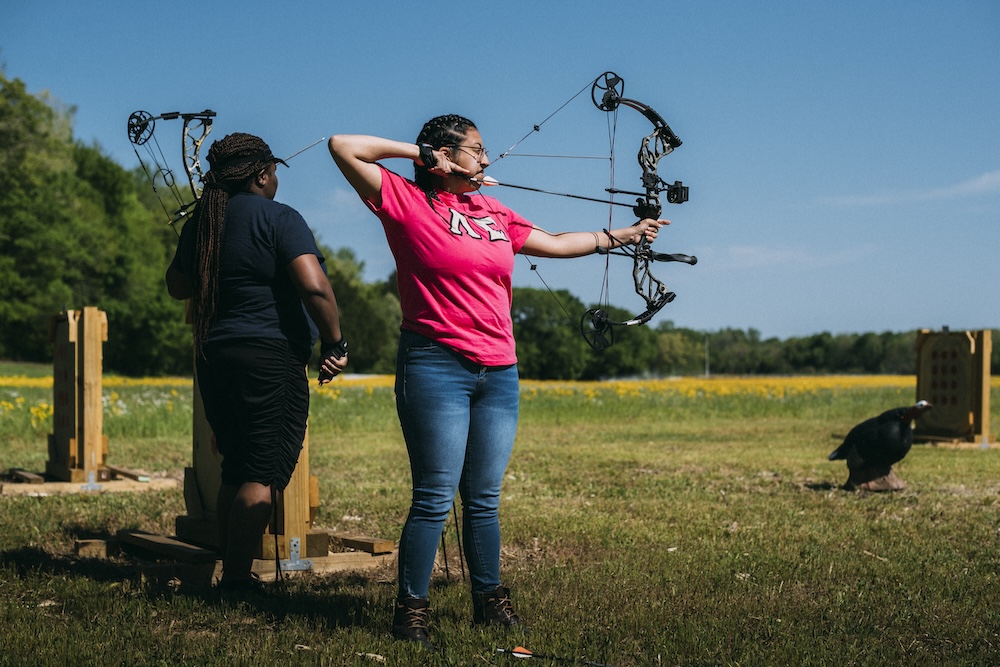
Myth Buster: Is Muscle Memory Real?
...
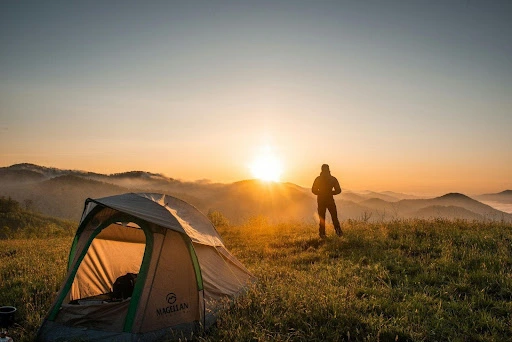
Hammock or Tent: Which is Right For Your Camping Adventure?
...

Savory Delight: Homemade Venison Gyro Recipe for a Flavorful Summer Feast
...
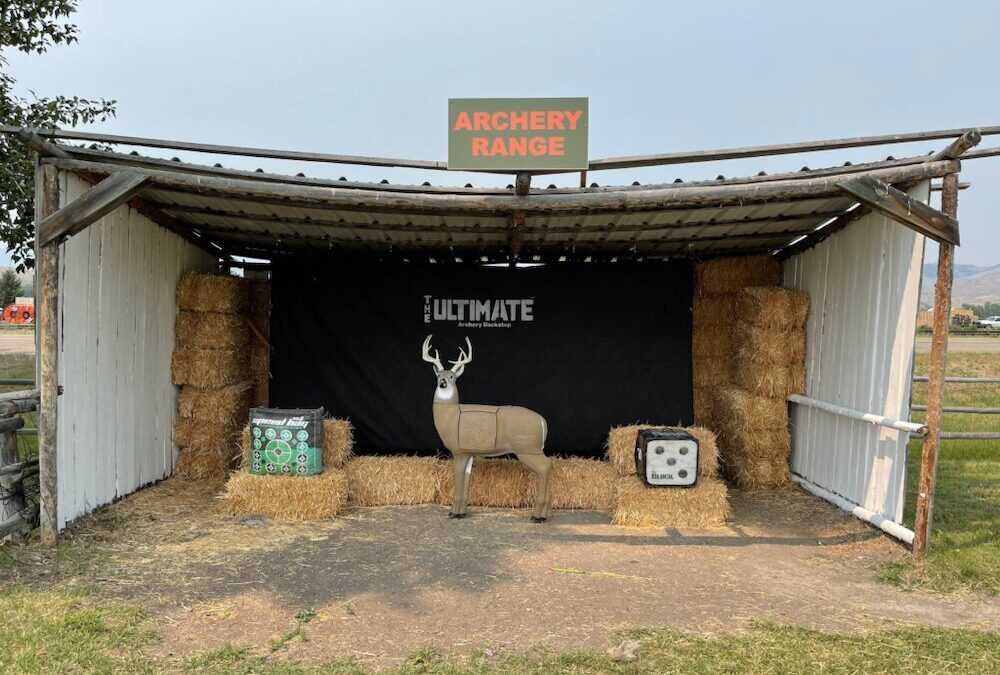
How to Build a DIY Target and Backstop for Your Home Range
...
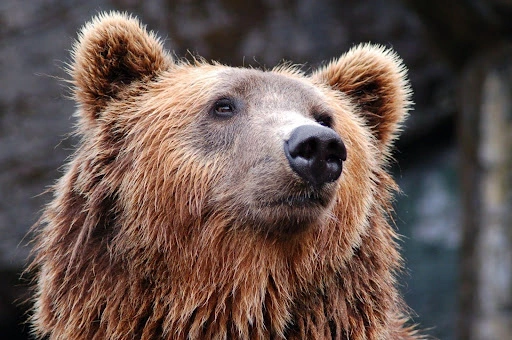
Bear Spray: A Must-Have Addition to Your Outdoor Kit
...

From Field to Feast: A Gourmet Waterfowl Adventure for Duck Gumbo
...

Choose the Right Arrow Size for Each Situation
...
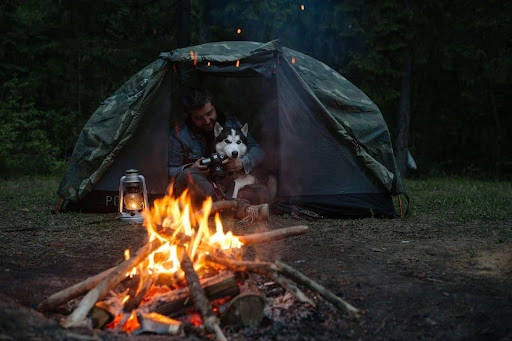
Preparing Your Dog for a Winter Camping Adventure
...
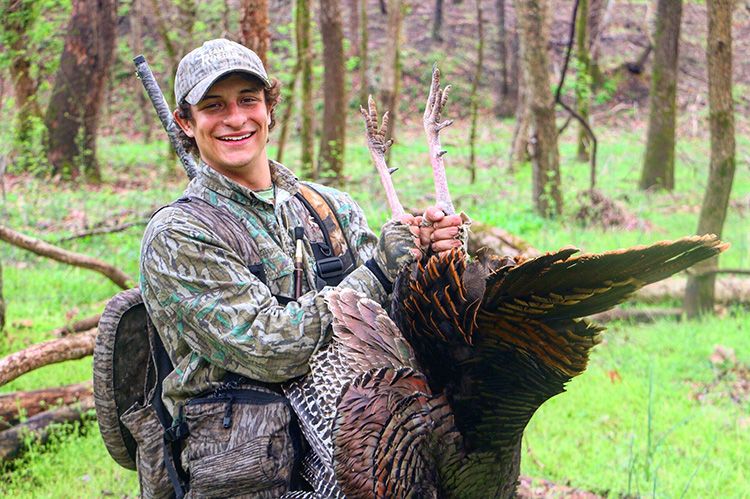
4 new ways to tag public-land turkeys right now
...

Preserving Summer’s Bounty: Wild Raspberry Jam Recipe by Chef Rikki Folger
...
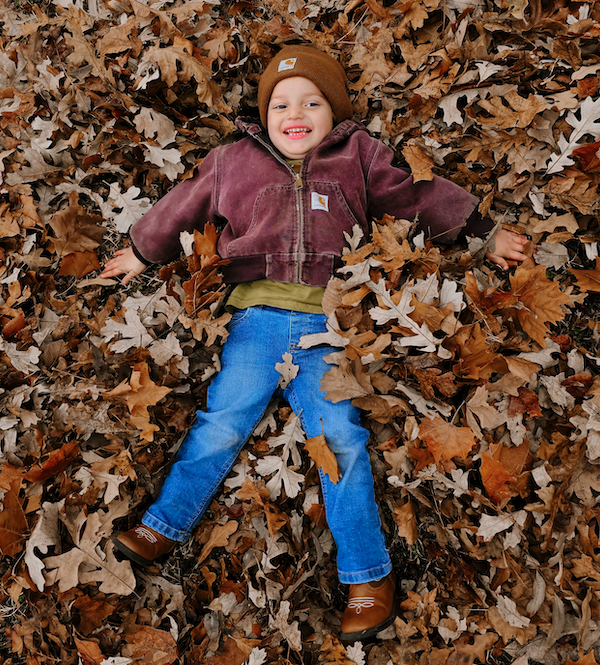
Embracing the Chill: The Benefits of Kids Being Outside in Winter
...

How to Safeguard Your Camping Gear Against Cold Weather
...

4WD Survival—5 Things To Have When You’re Really Stuck
...

10 Tips For Going Ultralight on the Trail
...
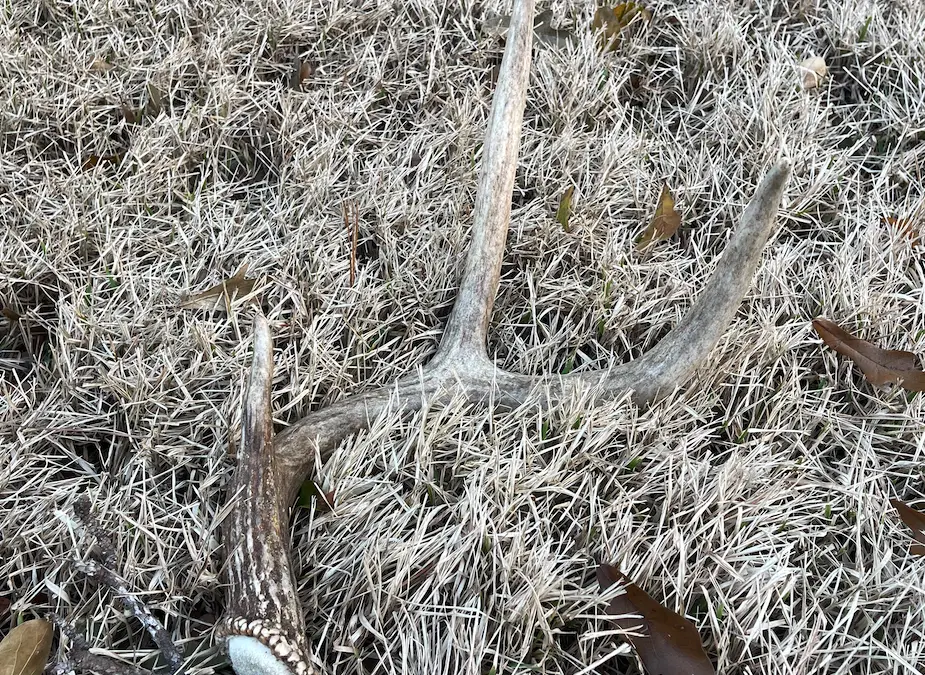
Unveiling the World of Shed Hunting: A Comprehensive Guide
...










